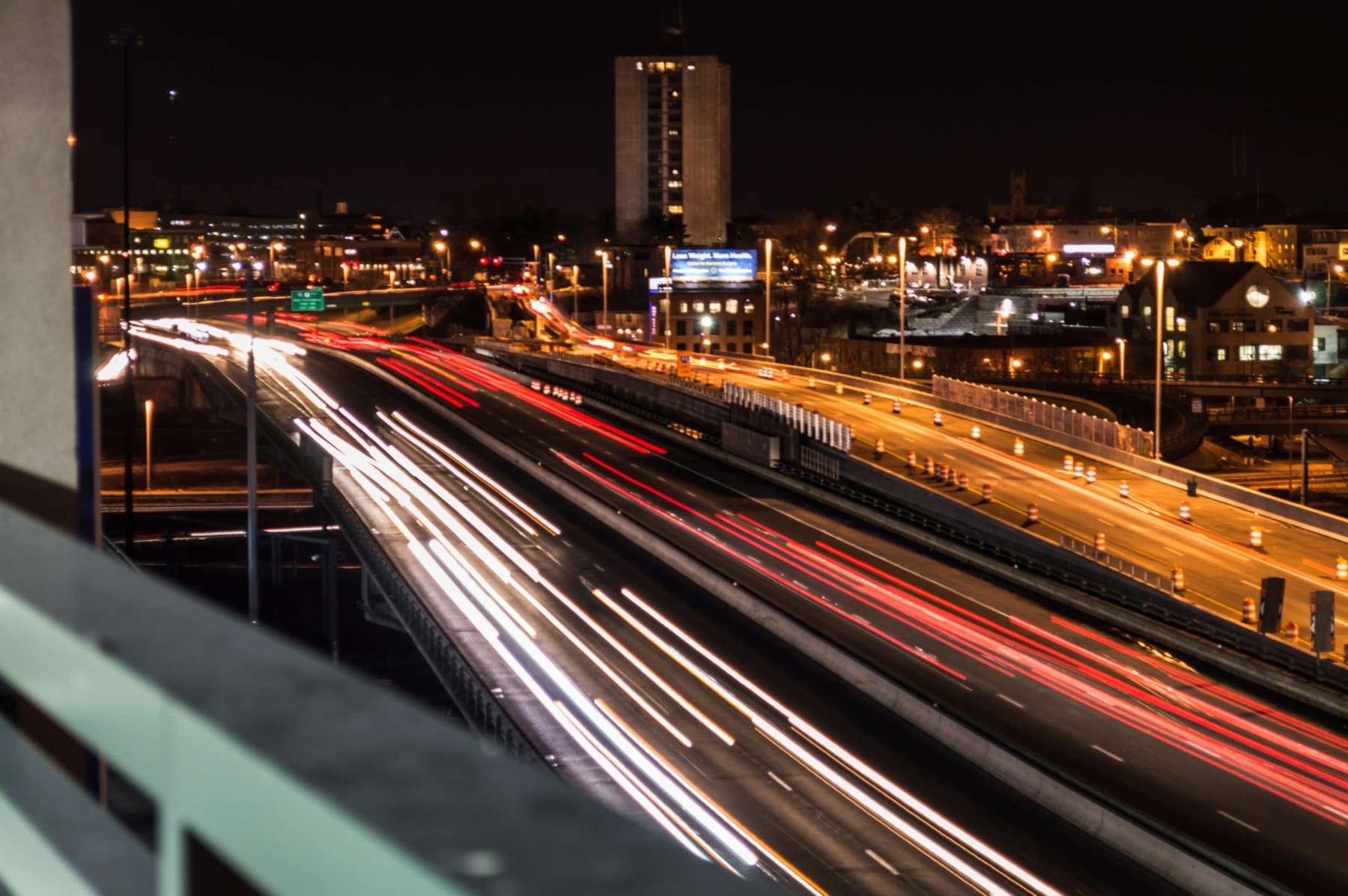Joshua Franco: Reparations or Manipulation?
“I agree we should use this funding for uplifting people that faced the cruel impacts of systematic racism from COVID-19,” writes Joshua Franco in an oped. “But I do not agree with how this process not only split up many peers inside the Black Community.”
November 27, 2022, 1:11 pm
By Joshua Franco
“On February 28, 2022, Mayor Elorza signed a community-driven Executive Order establishing the Providence Municipal Reparations Commission to address the injuries outlined in the Truth Telling and Reconciliation phases and provide clear recommendations to the City on appropriate policies, programs, and projects to begin repairing harm,” wrote the African American Ambassadors Group (AAAG) in a statement. “The Commission had 13 members, with seven members appointed by Mayor Elorza and six members appointed by the Providence City Council.”
But the truth telling factual side is inside the ordinance proposal. The ordinance description stated “the $10 million budget for January 6, 2022 – December 31, 2024 American Rescue Plan Act (ARPA funding the category entitled, ‘COVID-19 Equities Program.’” Meaning the funding for the $10 million was from the federal government, but not for reparations for the Black community that faced slavery for 300 plus years. It was for relief funding to help uplift the City of Providence from a recession due to the drowning effects of the pandemic. The propaganda is being used to promote a misleading narrative.
The majority of the AAAG communicated otherwise to the Black community. If that isn’t a red flag, this statement should raise eyebrows. Inside the budget, three line items (Home Repair Fund, Expansion of Guaranteed Income Program, & Legal Defense Fund) showed duplication that accumulated to $1.75 million dollars out of the $10 million dollar proposal from the ARPA. The resolution led to the City of Providence partnering with United Way to create a trust fund account for the $1.75 million dollars (United Way COVID-19 Equity Fund). The trust fund account was established for other entities to invest into the vision. But, what vision are we talking about? Are we talking about the vision of 40 acres and a mule? Or are we talking about creating programs without doing survey studies within the Black community that live in the housing projects?
The misinformation created a feud in the Black community that suffered from generational trauma. It is unfair that the AAAG created this ripple effect through many low income subsidized communities. The dialogue presented was a false narrative. The AAAG did not promote this ordinance correctly to the Black communities that live inside the public housing sectors. With the miscommunication that was created, the same questions are asked by many from the Black community that face systematic racism. Why isn’t there any description inside the line items on where the money of the “reparations” is being allocated? And what organizations are going to be a part of the request for proposals for each line item?
I agree we should use this funding for uplifting people that faced the cruel impacts of systematic racism from COVID-19. But I do not agree with how this process not only split up many peers inside the Black Community. We should not treat this process like crabs in a barrel. The people of Providence should have a say in where the money should be spent. As someone that is in favor of community engagement, we should enact more participatory budgeting pilot programs. As for reparations, I believe the Black community should not be tooled with. The Black community should receive more than $10 million for reparations. The Black community shouldn’t feel confused as to whether this fund is reparations for the harmful past many generations faced or for organizations profiting off tragedies.
The Black community never received the proper reparations even though the Black community has suffered from slavery, Jim Crow segregation, anti-Black practices like redlining, and many other discriminatory public policies in the criminal justice and education system. These crucial barriers have swindled the Black community out of opportunities to build economic wealth.
To sum it up, the Black community that lives in low income housing wasn’t aware of what was happening. This lack of transparency was a red flag, a reflection of the amount of commitment that showed throughout the process.
Joshua Franco is a 24 year old Black man that lives in Providence Rhode Island and is concerned about where the money for the reparations is going. Along with the Black PAC he is concerned about how this process was established, assembled together, and presented to the general public.






